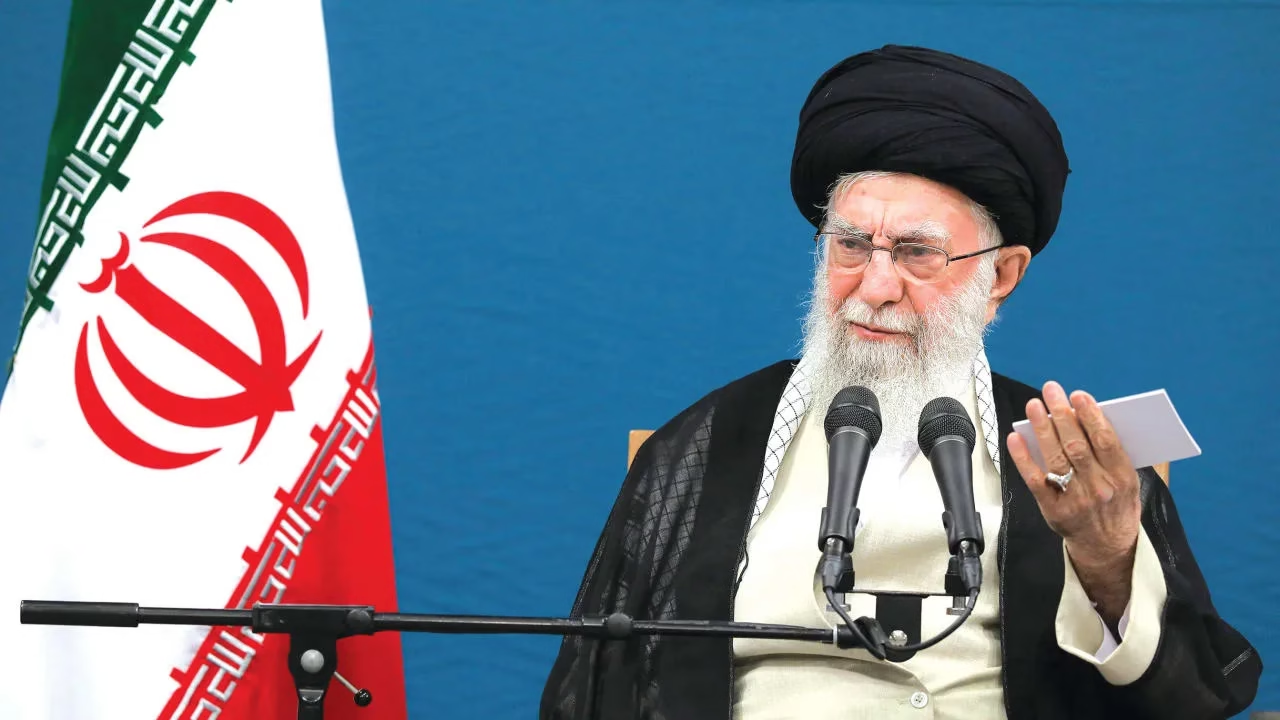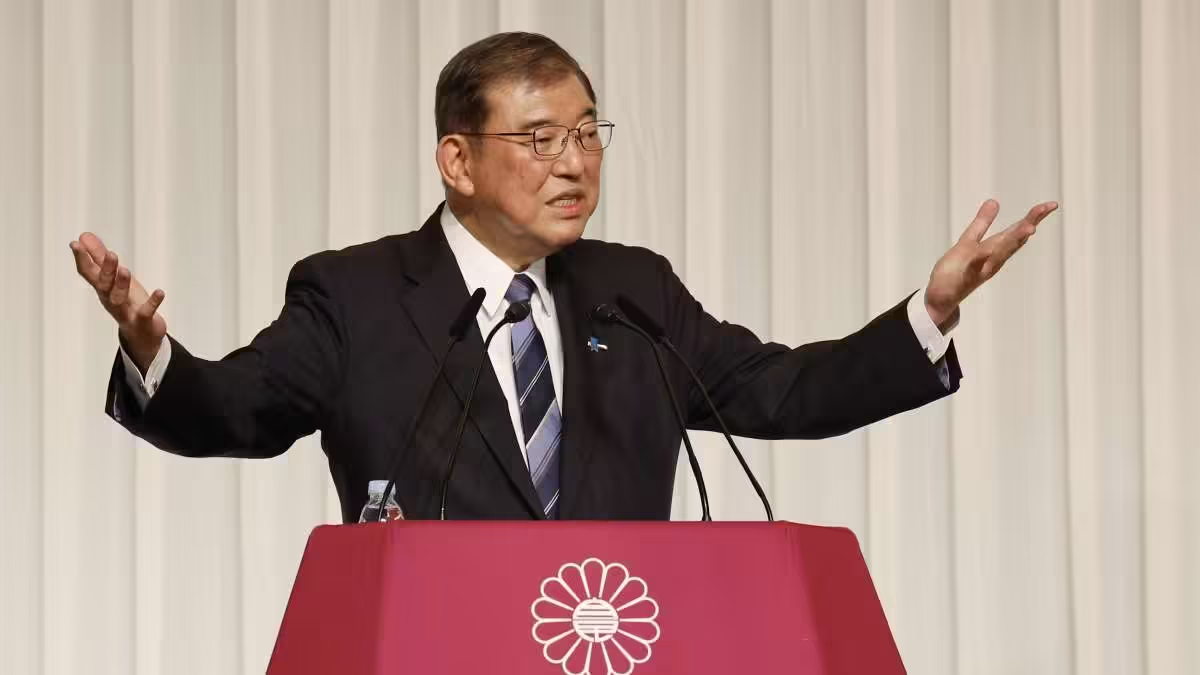Iranian lawmakers are drafting a bill that could lead Tehran to withdraw from the Nuclear Non-Proliferation Treaty (NPT), the Foreign Ministry confirmed Monday, though it reiterated the country’s official stance against pursuing nuclear weapons.
“In light of recent developments, we will take an appropriate decision,” Foreign Ministry spokesperson Esmaeil Baghaei said at a press conference. “The government must enforce parliamentary bills, but this proposal is still in preparation, and coordination with parliament will follow at later stages.”
Iran ratified the NPT in 1970, which allows signatories to develop civilian nuclear energy in exchange for a commitment to forgo nuclear weapons and cooperate with the International Atomic Energy Agency (IAEA). However, tensions have escalated since Israel launched strikes on Iran last week, claiming Tehran was nearing nuclear weapons capability—an allegation Iran has long denied.
The IAEA recently reported Iran to be in violation of its NPT obligations, which Tehran has strongly contested. President Masoud Pezeshkian reaffirmed on Monday that Iran’s nuclear doctrine remains peaceful, citing a religious edict by Supreme Leader Ayatollah Ali Khamenei forbidding nuclear weapons.
According to Iranian state media, parliament has not yet made a decision on the NPT exit proposal, and it remains in the early stages of the legislative process.
Baghaei blamed Israel’s attack on what he described as a provocative IAEA resolution. “Those who voted for the resolution prepared the ground for the attack,” he said, warning that such actions would inevitably influence Iran’s strategic decisions.
Israel, which has never signed the NPT, is widely believed to possess nuclear weapons, although it has neither confirmed nor denied this. “The Zionist regime is the only possessor of weapons of mass destruction in the region,” Baghaei added.



